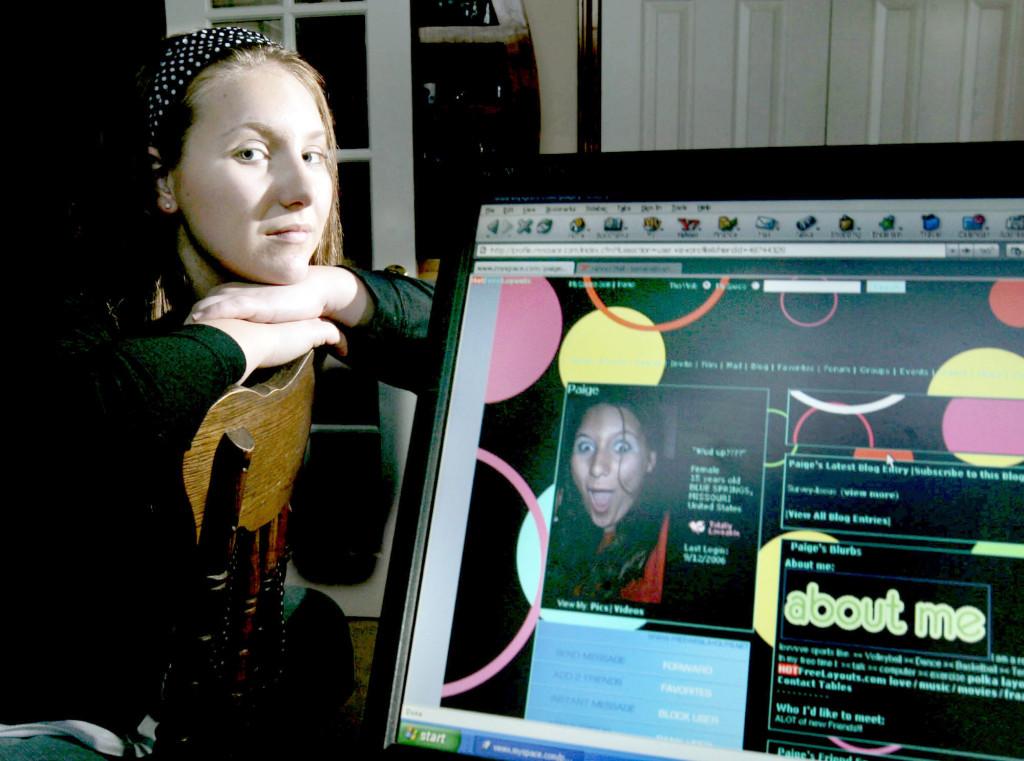A new law signed by Governor Arnold Schwarzenegger makes it a misdemeanor to maliciously impersonate someone online and it will go into effect Jan. 1, 2011.
So what does this mean to the estimated 85 percent of students that have accounts on Facebook and other social networking sites?
Does it mean that the next time, someone changes its friend’s status update to say, “I like to wear women’s clothes on weekends,” the impersonator would get tossed in the slammer?
People found guilty of violating the law can be subjected to face criminal charges and up to a $1,000 fine and up to a year in prison.
The bill’s author, State Senator Joe Simitian, said in a statement, “Pretending to be someone else online takes no more Web savvy than posting comments on a Web forum under that person’s name. When it is done to cause harm, folks need a law on the books that they can turn to. Senate Bill 1411 brings California’s impersonation laws into the 21st century by addressing, “The dark side of the social networking revolution.”
This law is designed to cut down on cyber bullying, like in the case of Elizabeth Thrasher, who was charged with posting a 17-year old girl’s photo, e-mail and mobile number to the adult section of Craigslist after engaging in an argument last year.
While the law is aimed at aiding situations like Thrasher’s to not occur, it is not limited to just social networking sites like Craigslist and Facebook. The law also makes it unlawful to, “Knowingly and without consent credibly impersonate another person through or on an Internet Web site or by other electronic means with the intent to harm, intimidate, threaten or defraud another peson.”
Undecided major Edith Ordonez thinks that the law is coming at the perfect time, ” With all the bullying you are hearing about these days, this law couldn’t have come at a better time, people are killing themselves because of some of the bullying, someone should help protect them.”
While most students seem to be in favor of the new law, there are some who believe more work is to be done to distinguish between online bullying and online fun.
“This law seems to be good, but it would depend on the situation. It can help protect people from online bullying but what if you are just messing around with your friend online? It should be able to protect those people too,” said undecided major Carolina Carrillo.








